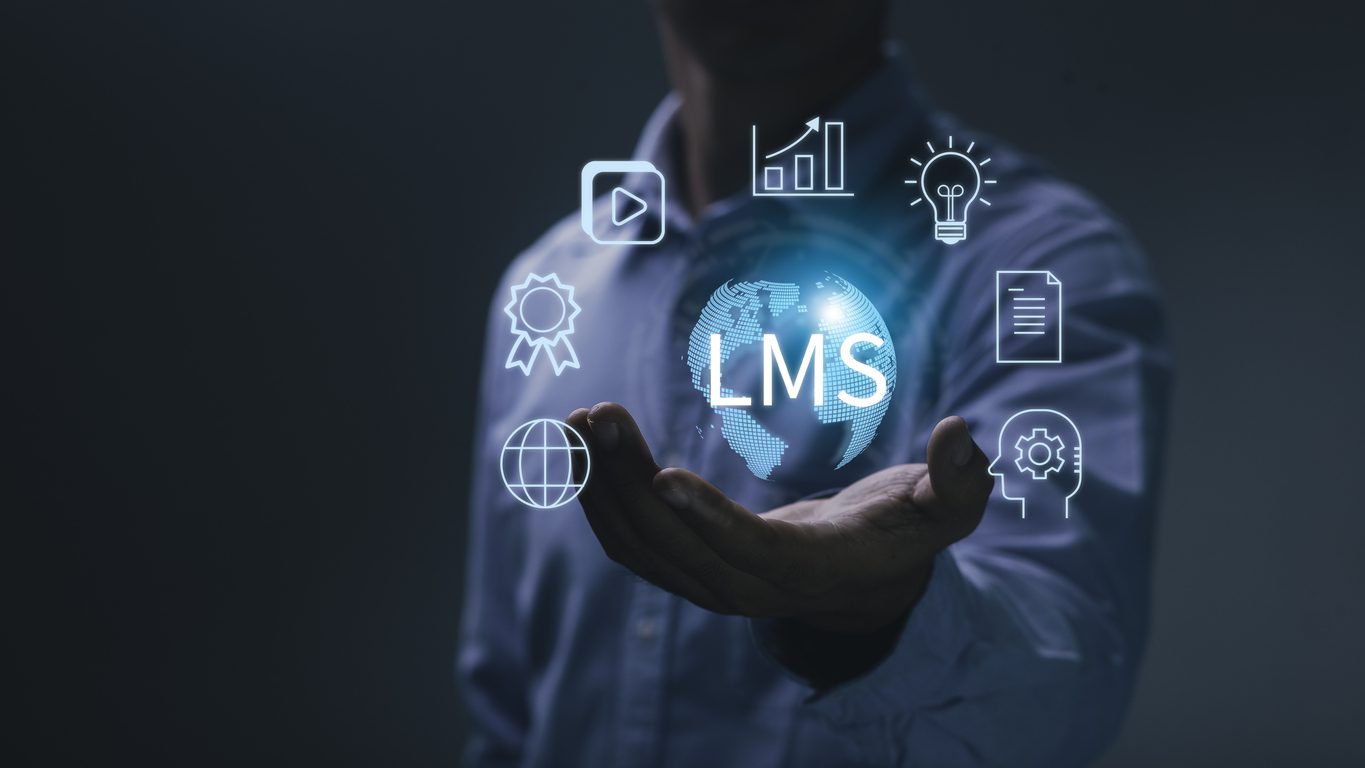
Modern learning expectations have changed. Employees, contractors, and extended learners expect easy access to training, intuitive user experiences, and systems that connect seamlessly with the rest of the technology ecosystem. Yet many organizations still rely on learning management systems built 10–20 years ago—platforms that may have served their purpose at one time but now limit growth, performance, and compliance.
Modernizing your legacy LMS isn’t just a technology upgrade; it’s a strategic investment in operational efficiency, learner engagement, and organizational readiness. Below, we explore what legacy modernization means, why it matters, and how organizations can move toward a more complete, robust learning environment.
Legacy modernization is the process of upgrading or transforming outdated systems to support today’s performance, security, and integration requirements—without losing the essential functionality they were originally designed to deliver.
Many organizations still rely on technology that’s 10–20 years old. These platforms often lack modern APIs, advanced reporting, mobile accessibility, and the scalability needed for today’s distributed workforce. Because legacy systems typically cannot exchange data easily, departments become siloed, workflows become inefficient, and compliance risks increase.
Maintaining these aging systems is costly. In many cases, up to 60% of an organization’s IT budget goes toward upkeep. But completely replacing a legacy LMS can be equally expensive, resource-intensive, and disruptive.
Legacy modernization bridges the gap. It enhances what you already have—updating architecture, integrations, reporting, and user experience—while preserving the foundational components your organization depends on. The result is a more secure, more connected, more resilient learning environment.
Modernizing your LMS delivers a wide range of strategic and operational benefits, including:
Older systems often lack modern security protocols and cannot keep up with regulatory updates. Modernization enhances data protection, reduces vulnerability risks, and helps organizations maintain compliance with industry standards.
Modernized LMS platforms connect seamlessly with HRIS, CRM, identity providers, and content libraries. This removes data silos and enables smoother workflows, automated assignments, and consolidated reporting.
Today’s learners expect consumer-grade experiences. A modern LMS supports:
Mobile-responsive learning
Personalized pathways
Accessibility standards
Intuitive navigation
A better user experience translates into better learning outcomes.
Legacy systems often struggle with performance during peak usage or when scaling to new groups. Modernization strengthens system architecture, allowing organizations to support more learners and more complex training needs.
Instead of funding large annual maintenance costs—or absorbing the disruption of a full system replacement—modernization allows organizations to invest in incremental improvements that offer immediate and long-term ROI.
Organizations can modernize their LMS in several ways depending on their needs, budget, and long-term objectives:
Enhancing or replacing outdated integrations to enable real-time data synchronization across systems such as HRIS, Active Directory, Salesforce, or content providers.
Updating the look, feel, navigation, and overall learner experience without changing core functionality ensures the LMS feels modern and easy to use.
Shifting from on-premises or outdated hosting environments to a modern cloud or private cloud deployment provides stronger security, performance, and scalability.
Adding new capabilities—such as reporting dashboards, eCommerce, skills tracking, or blended learning tools—without rebuilding the entire system.
For organizations with highly outdated systems, modernizing may involve migrating to a modern LMS that preserves business rules, automations, and historical data while opening the door to long-term innovation.
If any of the following are true, modernization could be a strategic priority:
Your LMS cannot integrate with modern systems or APIs
Reporting is difficult, manual, or unreliable
You rely heavily on spreadsheets or offline processes
System performance slows during peak usage
Learners complain about navigation or accessibility
Your LMS cannot support complex or multi-domain structures
Updates or maintenance require heavy IT involvement
Your organization is expanding and the LMS cannot scale
Most organizations notice these symptoms long before realizing the impact they have on productivity, compliance, and learning outcomes.
Modernizing your learning ecosystem creates advantages across the enterprise:
Faster access to training
Consumer-grade experience
Personalized learning paths
Increased engagement
Automated workflows
Easier course management
Integrated reporting
Reduced administrative overhead
Better visibility into compliance
Stronger data for decision-making
Lower long-term maintenance costs
Improved alignment with organizational goals
When your LMS is modern, connected, and scalable, training becomes a strategic driver—not just a compliance requirement.
Organizations across regulated and complex industries rely on Meridian LMS because it is built specifically for modernization. Meridian enables you to:
Integrate with your existing tech stack
Support advanced security and governance
Expand across multiple domains or business units
Migrate content, users, and rules from legacy systems
Add modern capabilities without disrupting operations
With flexible deployments—including cloud, FedRAMP-authorized cloud, private cloud, or on-premises—Meridian helps organizations modernize at their own pace while reducing risk and maximizing ROI.
As organizational needs evolve, legacy systems eventually become barriers to progress. Modernizing your LMS ensures you can support compliance, engage your workforce, scale your training programs, and make data-driven decisions that move your business forward.
You don’t need to replace everything to achieve a modern LMS. With the right strategy—and the right partner—you can revitalize your existing environment, reduce costs, and unlock capabilities that prepare your organization for the future.
If you’re ready to explore what LMS modernization could look like for your organization, Meridian Knowledge Solutions can help you create a modernization roadmap tailored to your goals.